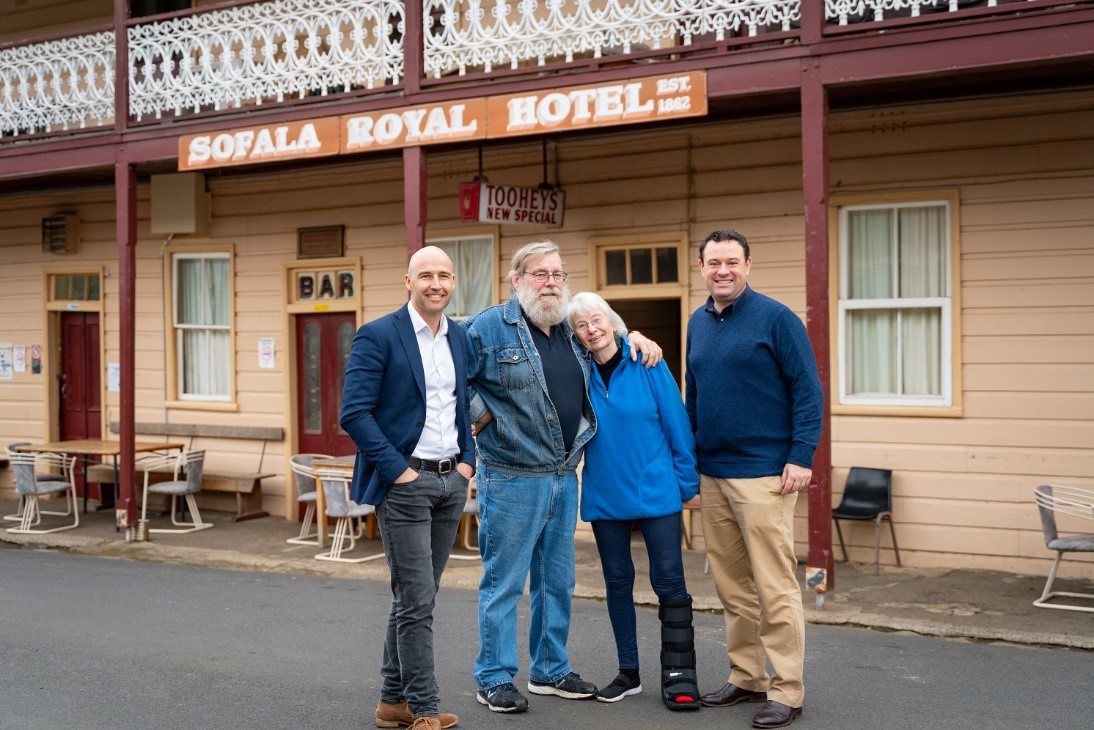Judges for the 2020 WARC Awards’ Effective Use of Brand Purpose category regarded the shortlisted work through the lens of lockdown, writes Lucy Aitken.
“Now more than ever, all ads must be purpose driven, even if that means lower profits,” advises Les Binet, Group Head of Effectiveness at adam&eveDDB in The WARC Guide to Marketing in the COVID-19 Recession. Having been highly divisive across the industry for the best part of the 2010s, brand purpose has a new role to play: substantially buoying long-term brand equity for when the world fully emerges from lockdown.
This is because people will remember how brands behaved at a time when they were feeling vulnerable. If brands step in at the right time with appropriate acts and deeds – or even simply adopt the right tone of voice to match the public mood – they will be in a good position in the post-COVID world. Think Heinz continuing to provide children in need with free breakfasts despite schools being shut. Tesco reframing Food Love Stories for lockdown. Whirlpool introducing household chores into kids’ home school routines. Budweiser repurposing its iconic Whassup spot to remind us to stay in touch with our friends.
Jurors of this year’s WARC Awards’ Effective Use of Brand Purpose category were conscious of the changes ahead. Freya Williams, CEO, Futerra North America, commented: “Unless you’ve got a higher purpose, then it’s a position or a promise. By this time next year, every brand will have a purpose and it’ll be interesting to see that brand evolution.”
This led to many fascinating discussions among jurors about which papers from the shortlist actually exhibited purpose. WARC subscribers can draw their own conclusions: the shortlisted papers can be read here.
Times of India: social legitimacy and inclusiveness
One paper which stood out for marrying business and societal needs and clearly understanding the ethos of the category – to recognise work which benefits both – was the Times of India’s Out And Proud campaign. Through FCB India, this nationwide movement tapped the newspaper’s ‘Change Begins Here’ purpose to bring social legitimacy and inclusiveness for the LGBTQ community. It used the paper’s classified ads section to run real stories through Out and Proud classifieds, achieving its purpose and reviving the section, with an 8% growth in ads.

Judge John Harrison, Effectiveness Lead, BBH, commented: “I went in thinking it was another brand jumping on the rainbow bandwagon, but I liked the use of the classified ads because they were marrying a business and societal need. It showed good strategic thinking and links back to business success.”
Tunisie Telco: purpose in action
Tunisie Telco’s campaign, Ahmini: The Uncovered, through Wunderman Thompson Tunis, aimed to help 10,000 women to register for social security benefits via their mobile phones. This won many fans among the jury, including Andrew Wilson, Executive Director, Purpose, Edelman, who described it as, “an exemplary purpose campaign that focused on a real social issue. They executed it in a strategic way through the partnership with the government and the delivery.” Brent Nelsen, Chief Strategy Officer, Leo Burnett Toronto, agreed: “It’s a lovely demonstration of their purpose in action, transforming a system that’s inaccessible to the majority of those women to something that’s accessible.”
Airbnb: on brand and on business
Airbnb’s Country Pub Project, created in-house, aimed to revive interest in domestic tourism in Australia using the crucial rural hub of the local watering hole as an emotional hook. With all judges dialing in remotely from locked down territories all over the globe, unable to entertain either the idea of a holiday or even a drink in the pub, this paper scored especially well. It also exemplified how business and purpose should work to mutual benefit: publicans saw their revenue and occupancy increase by 30% and 300% respectively.

Tony Quinn, Chief Strategy Officer, BBD Perfect Storm, remarked: “It’s not ashamed to play to its business model. There’s a debate about purpose and profit, but they should go hand in hand. This wasn’t just on brand, it was on business too.”
Clear: football with meaning
Finally, Unilever-owned Clear shampoo in Egypt aimed to close the gap on P&G-owned Head & Shoulders with an initiative that championed children’s football skills. Through FP7 McCann Cairo, it helped lift brand recall, consideration and favourability. Daniel Binns, CEO, Interbrand New York, observed: “The best Unilever work tends to come from local marketers that push back and do their own stuff. They had very powerful cultural and political insights coming from post-revolution times. Football is so powerful when done right and they got there here: I thought it had purpose and meaning.”
The winners of the Effective Use of Brand Purpose category will be announced on 3 June. Our thanks to all jurors, chaired by Ivan Pollard, CMO, General Mills, for their considerable time and expertise.
All the shortlisted papers can be accessed here.

